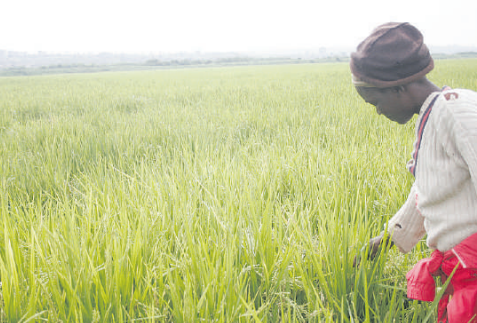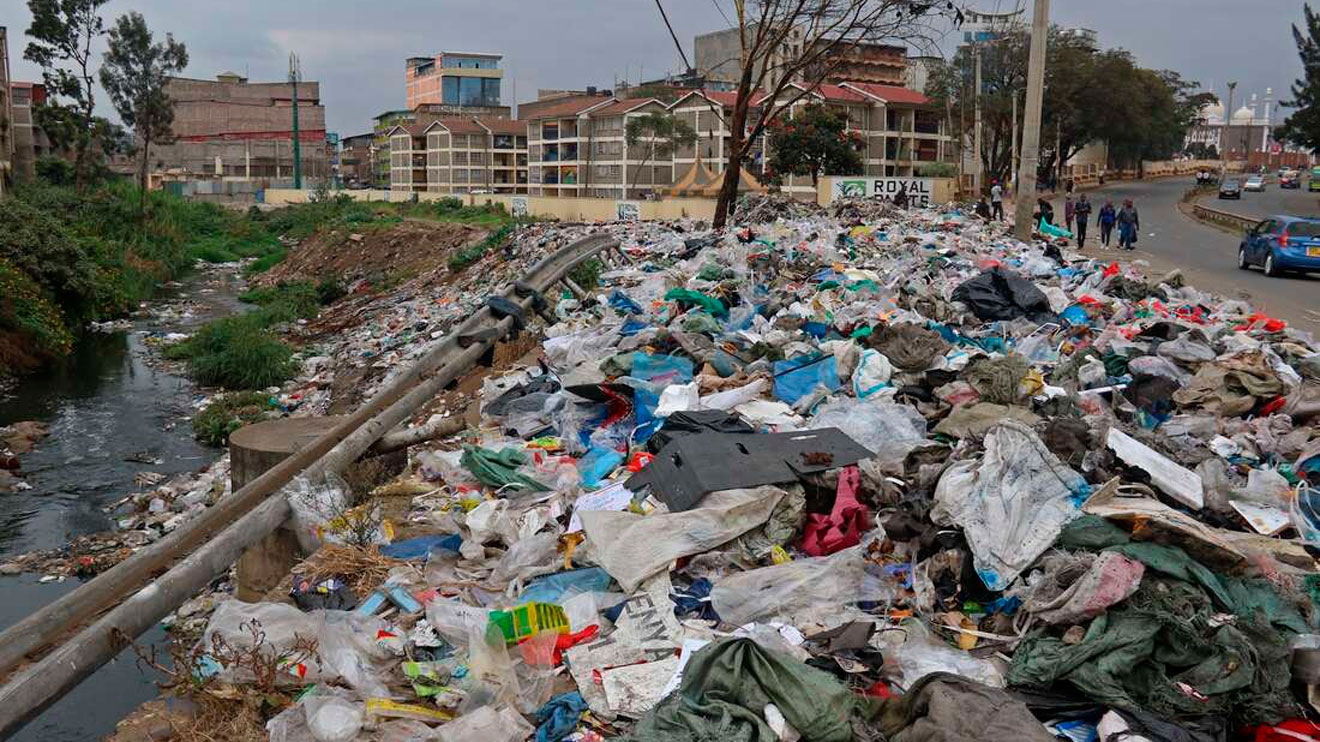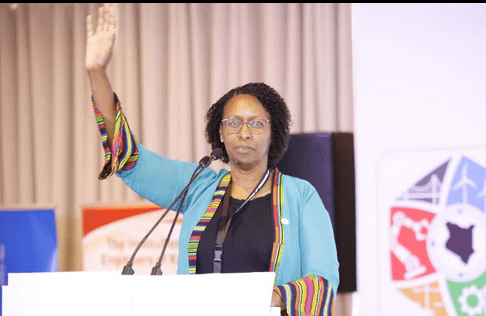
 A farmer inpecting her crops/FILE
A farmer inpecting her crops/FILEThe Ministry of Agriculture and Livestock Development has launched a groundbreaking climate resilience initiative.
The initiative will see smallholder farmers automatically enrolled in crop insurance when receiving subsidized fertiliser—a first for Kenya and the broader region.
The pilot programme, rolled out in 11 counties, aims to protect farmers from climate-related losses while boosting uptake of the National Fertilizer Subsidy Programme.
It is expected to reach at least 250,000 farmers before expanding across the country.
Counties covered in the initial phase include Makueni, Machakos, Kisii, Migori, Meru, Nyeri, Trans Nzoia, Kakamega, Kericho, Nakuru, and Uasin Gishu.
“This marks a significant step forward in embedding risk management into our national agricultural systems,” the Ministry said in a statement released Monday.
“By combining insurance with the fertilizer subsidy, we are enhancing farmer confidence, promoting resilience, and supporting productivity growth.”
Implemented in partnership with Pula, Bayer Foundation, Lemonade Foundation, SOMPO Digital Lab, and Etherisc, the programme aligns with the government’s broader agenda to promote climate-smart agriculture and technology-driven solutions.
Each farmer registered in the Kenya Integrated Agriculture Management Information System (KIAMIS) will receive insurance coverage worth KSh 7,000—the equivalent value of two bags of subsidized fertiliser.
This insurance provides a safety net in case of weather-related shocks such as droughts, floods, or pests that could otherwise wipe out harvests.
“Offering farmers insurance against weather shocks improves the uptake of government inputs and ensures that when climate disasters strike, smallholder livelihoods are not wiped out,” the Ministry noted.
Enrollment into the insurance scheme is automatic upon collection of subsidized fertilizer, making it seamless and inclusive.
The Ministry emphasized that this integrated approach improves public spending efficiency while enhancing resilience at scale.
Future plans include expanding the program to more counties, increasing the insurance value, and attracting private sector investment to finance the initiative sustainably.
“This is not just about inputs; it’s about protecting the farmer’s investment,” the Ministry stated.
Agriculture accounts for 33 per cent of Kenya’s GDP and employs over 70 per cent of the rural population.
Yet, fewer than 5 per cent of farmers currently have access to formal insurance. The government hopes this initiative will help stabilize rural incomes and strengthen national food security in the face of a changing climate.


















